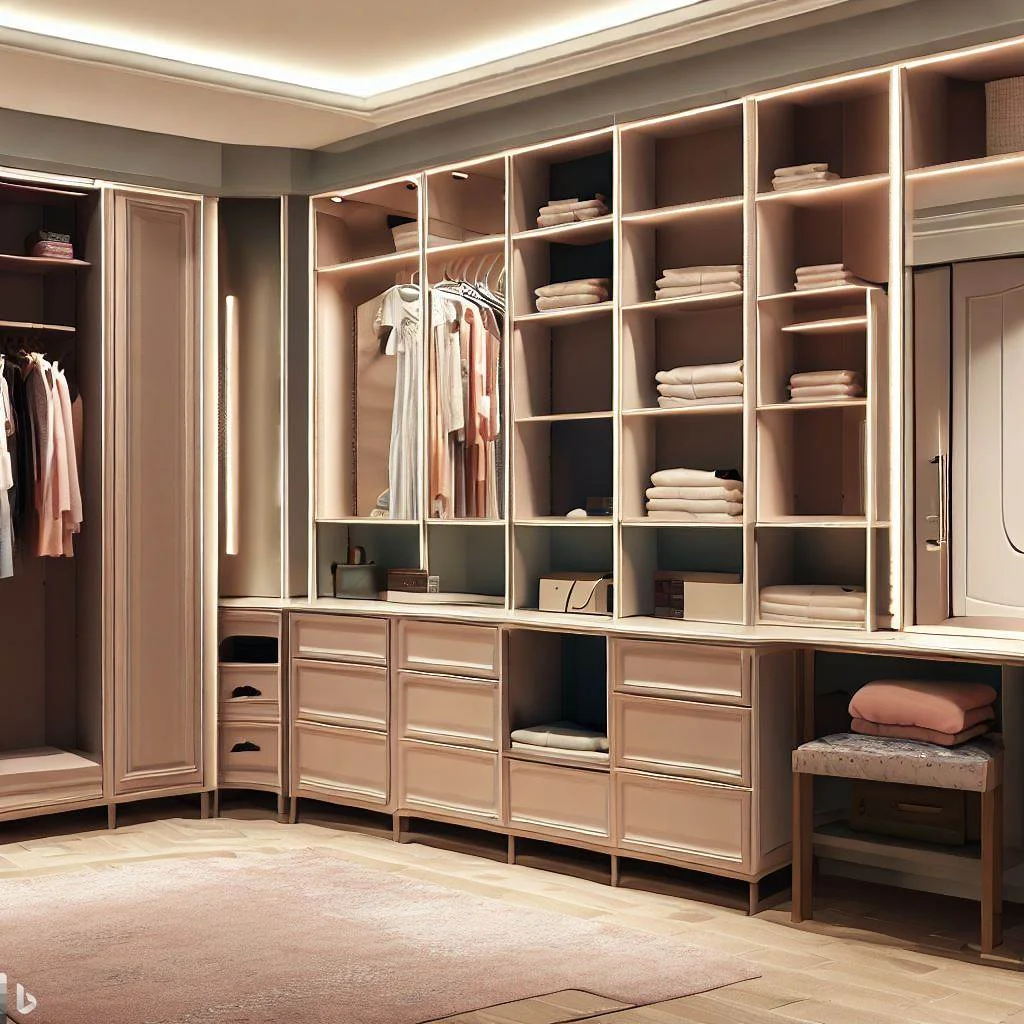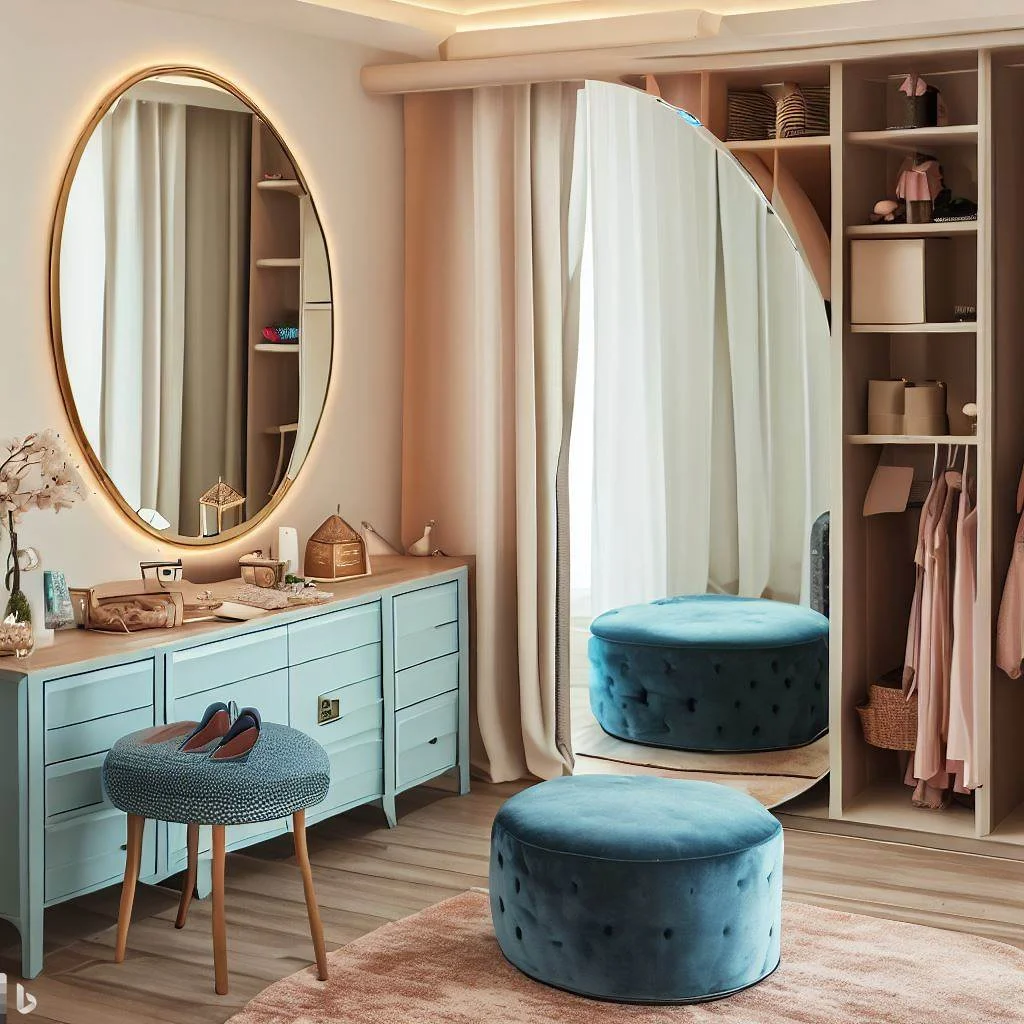Comparison Between Aluminum Windows and PVC: Which is Better?
When it comes to choosing windows for your home or office, the decision often comes down to two popular options: aluminum windows and PVC (uPVC) windows. Both have their advantages and drawbacks, and understanding these can help you make an informed choice. In this article, we’ll explore every aspect of aluminum and PVC windows, from durability and maintenance to insulation, aesthetics, and cost.
1. Material Overview
Aluminum Windows
Aluminum windows are made from lightweight yet strong metal frames. They are highly durable and widely used in modern architecture due to their sleek appearance and slim profiles. Aluminum does not warp, crack, or expand easily, making it a long-lasting choice.
PVC Windows
PVC (Polyvinyl Chloride), also called uPVC (unplasticized PVC), is a type of plastic commonly used for window frames. PVC windows are lightweight, resistant to moisture, and low-maintenance, making them popular in residential buildings.
2. Durability and Strength
-
Aluminum: Extremely strong and can support large glass panels without the need for bulky frames. Aluminum is corrosion-resistant but may require coating to prevent oxidation over time.
-
PVC: Strong enough for most residential applications but generally less robust than aluminum, especially for very large windows. PVC can crack under extreme impact or temperature fluctuations.
✅ Winner: For strength and support for large windows, aluminum has the edge.
3. Insulation and Energy Efficiency
Energy efficiency is crucial for reducing electricity bills and maintaining comfort indoors.
-
Aluminum: Conducts heat and cold easily, which can make it less energy-efficient unless it has a thermal break. Modern aluminum windows often include insulated cores to improve thermal performance.
-
PVC: Naturally provides excellent insulation, keeping interiors warmer in winter and cooler in summer. Its multi-chambered frame design enhances energy efficiency.
✅ Winner: PVC windows are generally more energy-efficient and cost-effective in the long run.
4. Maintenance and Longevity
-
Aluminum: Requires minimal maintenance; a simple wipe-down is usually sufficient. Powder-coated aluminum windows resist corrosion and fading.
-
PVC: Extremely low-maintenance. It does not need painting and is resistant to rot, rust, and corrosion. Cleaning with soap and water is usually enough.
✅ Winner: PVC windows for hassle-free maintenance.
5. Aesthetic Appeal and Design Flexibility
-
Aluminum: Offers a modern and sleek look, ideal for contemporary architecture. Its strength allows for slimmer frames and larger glass areas, giving a premium, minimalist appearance.
-
PVC: Available in various colors and finishes, but frames are generally bulkier compared to aluminum. PVC is more suited for residential homes with standard window sizes.
✅ Winner: Aluminum windows for modern, premium aesthetics.
6. Weather Resistance
-
Aluminum: Highly resistant to harsh weather conditions. Coated aluminum frames can withstand sun, rain, and wind without deforming.
-
PVC: Resistant to moisture, rot, and corrosion, but prolonged exposure to extreme UV rays can cause fading or slight warping over decades.
✅ Winner: Tie — both materials are durable, but aluminum may last longer in extreme climates.
7. Cost Comparison
-
Aluminum: Generally more expensive due to material and manufacturing costs. Ideal for large, custom-designed windows.
-
PVC: More budget-friendly while offering excellent durability and insulation for standard window sizes.
✅ Winner: PVC for cost-effective solutions.
8. Sound Insulation
-
Aluminum: Without additional insulation, aluminum frames can conduct noise. Double or triple glazing is recommended for better soundproofing.
-
PVC: Naturally quieter than aluminum due to its plastic composition and multi-chamber design. Provides better sound insulation in most cases.
✅ Winner: PVC windows for better soundproofing.
9. Environmental Impact
-
Aluminum: 100% recyclable and sustainable. Production requires significant energy but can be offset by recycling.
-
PVC: Less environmentally friendly during production but long lifespan reduces replacement frequency. Some PVC products are recyclable, though less commonly.
✅ Winner: Aluminum for eco-conscious building projects.
Conclusion: Aluminum Windows vs PVC Windows
Choosing between aluminum and PVC windows depends on your priorities:
Feature |
Aluminum |
PVC |
|---|---|---|
Strength |
Excellent |
Good |
Energy Efficiency |
Moderate (with thermal break) |
Excellent |
Maintenance |
Low |
Very Low |
Aesthetics |
Sleek, modern |
Bulkier, versatile colors |
Weather Resistance |
Excellent |
Very Good |
Cost |
Higher |
Lower |
Sound Insulation |
Moderate |
Excellent |
Environmental Impact |
High (recyclable) |
Moderate |
In short:
-
Choose aluminum if you want modern aesthetics, slimmer frames, and premium strength for large glass panels.
-
Choose PVC if you prioritize energy efficiency, low maintenance, and cost-effectiveness for standard residential windows.


